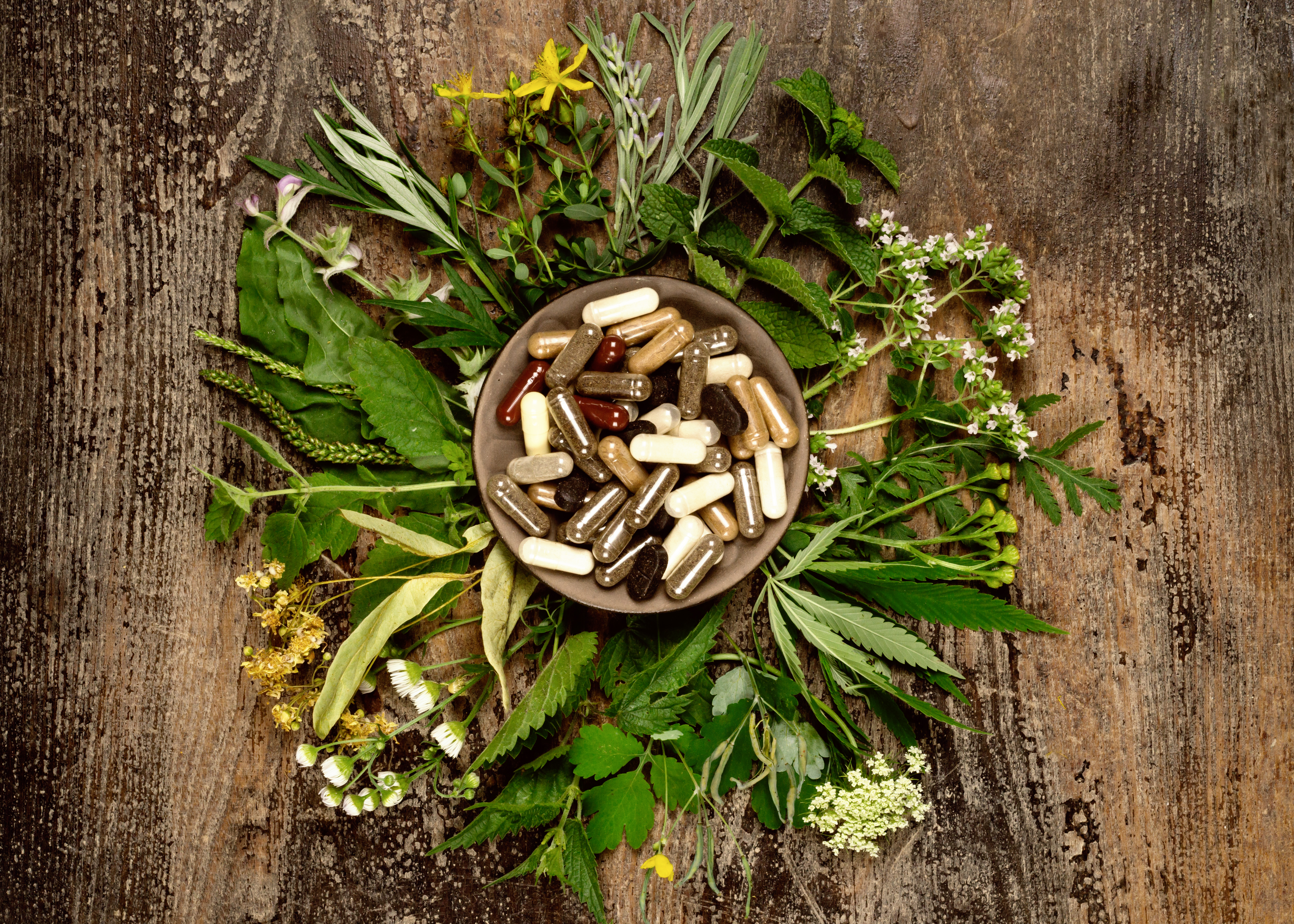
Fall Immunity Reset: Boost Your Immune System Right
Share
Top 10 Natural Health Products to Boost Your Immunity This Fall
As the leaves turn and the air gets crisp, your body's defenses might need a little extra help. Fall brings its own set of challenges, making it the perfect time to focus on natural immune support. With the right health supplements, you can give your immunity the boost it needs. From vitamins for immunity to the best supplements for fall, discover exactly what your body craves this season. Ready to explore the top ten immunity boosters? Let's get started.
Essential Vitamins for Immunity
Vitamins play a crucial role in supporting our immune system. Let's explore two key vitamins that are essential for maintaining strong immunity, especially during the fall season.
Vitamin C: The Classic Defender
Vitamin C is a powerhouse when it comes to immune support. This water-soluble vitamin is known for its antioxidant properties and ability to enhance various immune cell functions.
Studies have shown that Vitamin C can reduce the duration and severity of common colds. It works by stimulating the production and function of white blood cells, which are crucial for fighting off infections.
During fall, when colds and flu are more common, increasing your Vitamin C intake can be beneficial. You can find it in citrus fruits, berries, and leafy greens. Supplements are also available, but it's always best to consult with a healthcare professional before starting any new supplement regimen.
Vitamin D: Sunshine in a Bottle
As the days grow shorter and we spend less time outdoors, our bodies produce less Vitamin D naturally. This essential vitamin plays a vital role in immune function and overall health.
Research indicates that Vitamin D helps activate T cells, which are responsible for detecting and destroying foreign pathogens in our body. Low levels of Vitamin D have been associated with increased susceptibility to infections.
While sunlight is the best source of Vitamin D, it can be challenging to get enough during fall and winter months. Consider incorporating Vitamin D-rich foods like fatty fish, egg yolks, and fortified dairy products into your diet. Supplements can also be an effective way to maintain adequate levels.
Best Herbs for Natural Support

Herbs have been used for centuries to support immune health. Let's look at two powerful herbs that can provide natural immune support during the fall season.
Echinacea: The Immune Booster
Echinacea is a popular herb known for its immune-boosting properties. It's been used for centuries in traditional medicine to help fight off colds and flu.
Research suggests that Echinacea can stimulate the production of white blood cells, which are crucial for fighting infections. It may also have anti-inflammatory properties that can help alleviate symptoms of respiratory infections.
Echinacea is available in various forms, including teas, tinctures, and supplements. While generally safe for most people, it's important to follow recommended dosages and consult with a healthcare provider, especially if you have any underlying health conditions.
Elderberry: Seasonal Health Ally
Elderberry has gained popularity as a natural remedy for boosting immunity, particularly during the cold and flu season. This dark purple berry is packed with antioxidants and vitamins.
Studies have shown that elderberry can reduce the severity and duration of flu symptoms. It works by inhibiting the replication of viruses and boosting the production of cytokines, which are important signaling molecules in the immune system.
Elderberry is available in syrup, gummies, and capsule form. While generally safe, it's important to note that raw elderberries can be toxic, so always opt for commercially prepared products.
Powerhouse Probiotics and More

Beyond vitamins and herbs, there are other powerful supplements that can support your immune system. Let's explore the benefits of probiotics and zinc for fall health.
Probiotics: Gut Health and Beyond
Probiotics are beneficial bacteria that support gut health, which is closely linked to immune function. A healthy gut microbiome can enhance your body's natural defenses against pathogens.
Research indicates that certain probiotic strains can reduce the risk of upper respiratory tract infections. They work by stimulating the production of natural antibodies and boosting immune cells like T cells and NK cells.
You can increase your probiotic intake through fermented foods like yogurt, kefir, and sauerkraut. Probiotic supplements are also available, offering a concentrated dose of beneficial bacteria.
Zinc: The Immunity Mineral
Zinc is an essential mineral that plays a crucial role in immune function. It's involved in the development and function of immune cells and acts as an antioxidant, protecting against oxidative stress.
Studies have shown that zinc can reduce the duration of common colds when taken within 24 hours of onset. It works by inhibiting the replication of viruses and boosting the production of antibodies.
Good dietary sources of zinc include oysters, beef, pumpkin seeds, and lentils. Zinc supplements are also available, but it's important not to exceed the recommended daily intake as too much zinc can interfere with the absorption of other nutrients.


